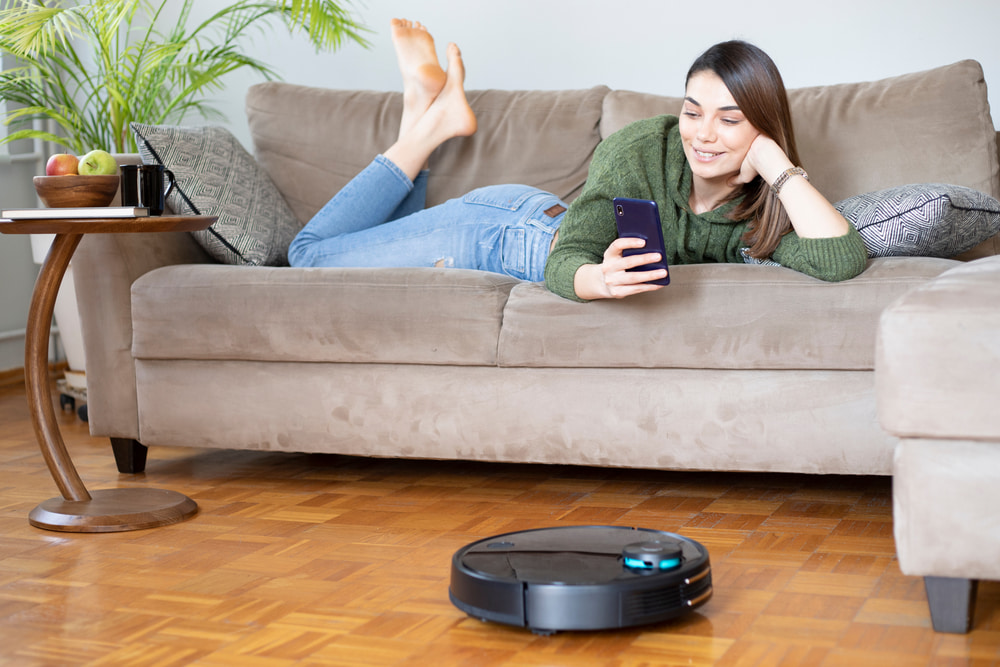The world of technology is continuously evolving, bringing us closer to a future where convenience and efficiency are at the forefront. Two terms that often surface in discussions about technological advancements are Smart Home and IoT (Internet of Things). Understanding the difference between smart home and IoT is crucial for anyone looking to integrate these technologies into their lives effectively.

What is a Smart Home?
A Smart Home refers to a residence equipped with devices that automate tasks normally handled by humans. These devices are connected to the internet, allowing homeowners to control various aspects of the home through a smartphone or other networked device. From adjusting the thermostat to controlling security cameras, a smart home offers enhanced control and convenience.
Components of a Smart Home
A smart home typically includes devices such as smart thermostats, lighting, security systems, and appliances. Each of these components can be controlled remotely, often through a centralized app or home assistant. This integration creates a seamless living experience.
Understanding IoT (Internet of Things)
The Internet of Things (IoT) refers to the network of physical objectsdevices, vehicles, appliances, and moreembedded with sensors, software, and other technologies to connect and exchange data with other devices and systems over the internet. IoT goes beyond just homes, encompassing industries, cities, and various sectors.
Applications of IoT
IoT applications are vast, ranging from smart cities that improve urban living conditions to industrial IoT that enhances manufacturing processes. In the home, IoT enables devices to communicate with each other, creating an interconnected environment.
The Key Differences
While both smart homes and IoT involve connected devices, the scope and functionality differ. A smart home is a subset of IoT, focusing specifically on residential environments. In contrast, IoT encompasses a broader range of applications, impacting various industries and sectors.
Focus and Scope
Smart homes primarily focus on enhancing the living experience by automating household functions. Meanwhile, IoT aims to create a connected world, enabling devices to communicate and collaborate across different environments.
Connectivity and Integration
In a smart home, devices are typically connected to a central hub or app, providing users with control over their environment. IoT, on the other hand, involves a more complex network where devices across various domains interact and share data.
Benefits of Smart Homes and IoT
Both smart homes and IoT offer numerous benefits. Smart homes provide convenience, energy efficiency, and enhanced security. IoT offers improved operational efficiency, data-driven insights, and enhanced connectivity across sectors.
Security Considerations
With connectivity comes the need for robust security measures. Both smart homes and IoT systems require secure networks to protect against potential cyber threats.
Future Trends
The future holds exciting possibilities for both smart homes and IoT. As technology advances, we can expect more sophisticated systems that offer greater integration and functionality.
Emerging Technologies
Technologies such as artificial intelligence and machine learning are set to enhance the capabilities of both smart homes and IoT, creating more intuitive and responsive environments.
Conclusion
Understanding the difference between smart home and IoT is essential for anyone looking to embrace these technologies. While both offer significant advantages, their applications and scope vary. By integrating smart home devices or exploring IoT applications, individuals and businesses can enjoy a more connected and efficient future.

FAQs
What is the main difference between smart homes and IoT?
Smart homes focus on residential automation, while IoT covers a broader range of applications across various sectors.
Can smart homes work without IoT?
While smart homes can function independently, IoT enhances their connectivity and integration capabilities.
Are smart homes more secure than IoT?
Both require robust security measures, but smart homes may have simpler security needs compared to complex IoT systems.
For more information on home automation, visit Home Automation by Repsol.
Explore more about home automation and discover smart home vs traditional home insights at AutoFX.






